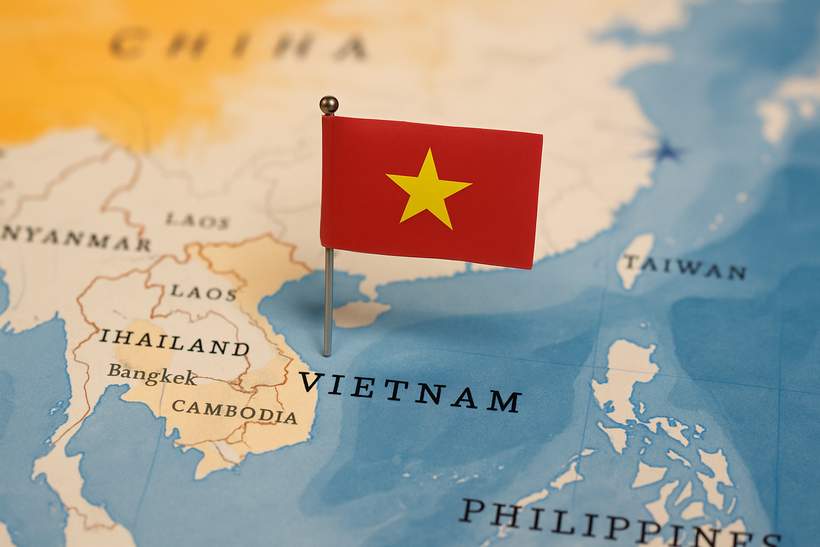Vietnamese authorities are proposing a shift in the country’s casino policy by introducing a flat-rate entry fee system for local citizens instead of the current income verification. This will simplify eligibility checks for domestic players while maintaining regulation of gambling activities.
According to The VietNamNet, the Ministry of Finance has made a draft decree under public consultation allowing Vietnamese citizens to enter casinos at a fixed fee of VND 2.5 million for 24-hour access or VND 50 million for a monthly pass. This fee-based model is expected to replace the existing rule that requires locals to provide proof of a minimum income level to enter gambling establishments.
Simplifying Access and Reducing Administrative Burdens
The proposed change follows concerns that current procedures are overly cumbersome and deter participation from legitimate players. Vietnamese citizens are presently required to be at least 21 years old, possess full civil capacity, and not be under any form of self- or family-imposed gambling ban. In addition, they must present financial documentation proving they earn a minimum monthly income. But many fail to meet this requirement.
The Ministry noted that this administrative complexity has created barriers for local players and inadvertently encouraged outbound gambling. The revised pricing model will streamline access for qualified individuals while remaining aligned with international practices in other regulated casino markets.
Maintaining Oversight and Regulatory Standards
Despite the proposed relaxation in entry criteria, the government intends to maintain strict surveillance and regulations within casino premises. The draft decree states that operators must implement 24-hour camera surveillance in key areas like the entrances, gaming floors, cashier counters, and storage rooms for chips and cash. The recorded footage must be stored for at least 180 days to ensure traceability and transparency.
This measure supports the Ministry’s goal of balancing gaming revenue with responsible gambling policies and anti-money laundering safeguards. Officials reiterate that the pilot program allowing locals to gamble has not led to major legal or social complications. So, they believe the pricing model could further stabilise the domestic casino sector.
High Investment Threshold for Casino Projects Retained
The draft decree also upholds the existing US$2 billion minimum investment threshold for new casino projects in Vietnam. This high capital requirement ensures that only financially stable and reputable investors can develop and operate large-scale integrated resorts.
By preserving the investment requirement and easing entry conditions for local citizens, the Vietnamese government signals its intentions to grow the casino industry in a controlled and transparent manner.

 Companies
Companies 





